New vape models may not encourage proper recycling after the single-use ban, a regulation expert has warned.
An officer at the Chartered Trading Standards Institute said consumers might lack the financial incentive to treat reusables differently to disposable vapes.
Vape retailers have been selling refillable and rechargeable vapes, such as “big puff” vapes with larger amounts of liquid, before the sale of disposables is banned on June 1.
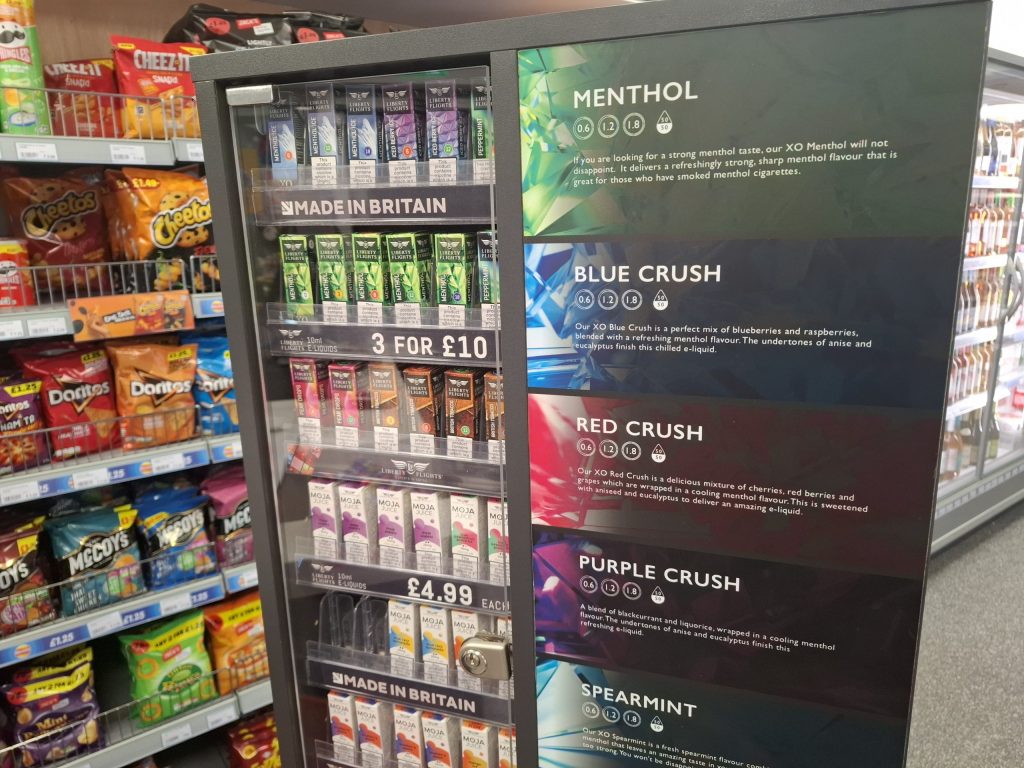
Kate Pike, the institute’s lead for vaping, said: “If you bought one of these products with a refill in, the price point isn’t that different from a current 600 puff disposable vape. And the refills aren’t that much cheaper.
“So even though [consumers] can take them out and recharge it and place a new pod in, my concern is that the price isn’t different enough to encourage the user to do that.”
For electric toothbrushes, by comparison, long-term use was encouraged because whole units were too expensive for consumers to regularly replace but heads were relatively cheap.
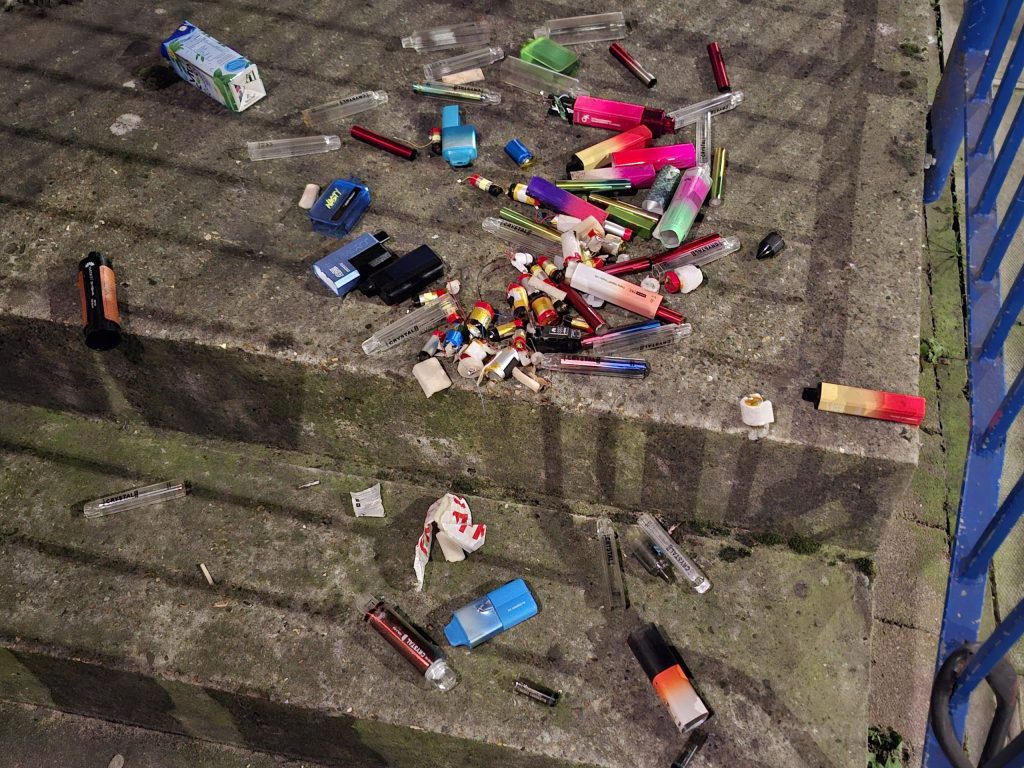
Research by Material Focus, a recycling non-profit organisation, estimated that about 6 million disposable vapes were thrown away, littered or flushed down toilets each week last year, compared with 2.4 million thrown away each week in 2022
Disposables had become increasingly popular among young people, with 68 per cent of consumers aged 18–24 buying disposables last year, 16 percentage points higher than in 2022, according to the organisation.
Scott Butler, the non-profit’s executive director, said: “Without quick and extensive action, the threat of a vapocalypse remains and new big puff and pod vape models are already contributing to an environmental nightmare.
“Vape producers are being infinitely creative with their products in order to avoid the forthcoming disposable vape ban. It should be as easy to recycle a vape as it is to buy one.”
Illicit trade of disposables could become a significant problem as 61 per cent of existing disposable vape users say they would consider purchasing illicit products after the ban, according to a survey by the retailer Evapo.
John Dunne, director general of the UK Vaping Industry Association (UKVIA), said: “It reveals that a large percentage of vapers will do anything to get their hands on disposables after the ban.
He warned that the United States and Australia had seen rises in black market vapes after restrictions were introduced but added that the government was considering a proposal by the trade body for a retailer and distributor licensing scheme to tackle such illegal sales.
The ban also risked pushing some vapers back to smoking, Dunne added.
Pike highlighted that manufacturers were “very quick to adapt” to comply with the ban. “They’ve responded to the government’s concerns — and not just government, the wider public’s concerns — about the detrimental impact on the environment of these products,” she said. “We definitely need the public to step up and do their bit.
While 56 per cent of consumers had tried to recycle used vapes at a retailer last year, 77 per cent did not think there was enough information available, according to Material Focus. It also found that 67 per cent of vape shops and 91 per cent of other retailers lacked disposal points.
The trade association said: “Vapes are very recyclable but there is clearly a problem regarding the responsible disposal of used vapes and this needs joined up action from across the waste chain, including more effort to provide consumers with disposal facilities at the point of use and not just point of sale.”
Chris Doel, an electrical engineer in Rugby, Warwickshire, wanted to demonstrate that the batteries inside vapes were not, in fact, disposable after seeing a friend throw one in the bin.
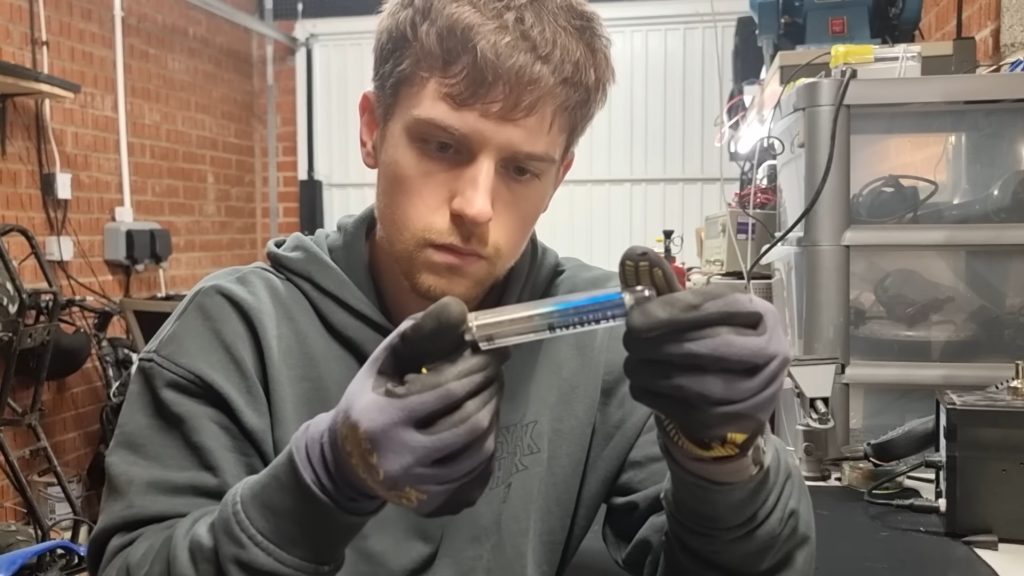
He collected about a thousand discarded disposables from kerbsides, festival grounds and vape shops to build e-bike batteries and power packs.
“I thought to myself, how can I actually prove to people there’s a fully rechargeable cell inside there — they’re not going to believe me because they can’t recharge it,” he said.
“The only way for me to actually make an impact and just show people what’s going on here is to start building things out of them and show these are 100 per cent rechargeable and valuable materials and components go in these.”
The engineer was concerned that vapes were not being recycled properly, as reports indicated waste facility fires caused by lithium-ion batteries were rising.
“These things [vapes] should absolutely not be ending up in any bin,” he said. “These lithium-ion cells, when they inevitably get compacted in preparation for landfill, you’re squishing and possibly puncturing the cell, and you’re going to be causing a lot of fire. It’s going to end up causing lots of infrastructure damage for waste disposal facilities.”
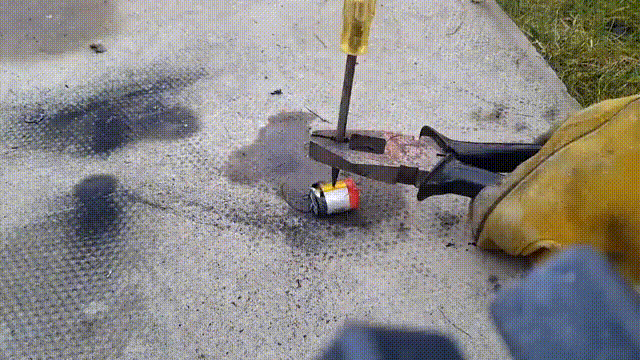
After switching to reusable vapes, Doel, 26, said that his friends experienced a lack of vape liquid pods.
“They’re finding that these reusable ones are still super cheap — essentially comparable to the price of the original disposables with no replaceable parts, no recharge ability — but they’re also really struggling to get their hands on the replaceable pods themselves,” he said.
“If companies massively limit the supply of the replaceable pods themselves, you’re still incentivised to throw away the device and buy another one. That’s what I’m worried is going to happen.”
Pike said she had been assured by suppliers that the availability of pods would increase after the ban. “I am assured by the industry it will happen,” she said. “That’s part of the law: they can’t just sell the devices, they have to have the refills available.”
All photos: Kendall Field-Pellow
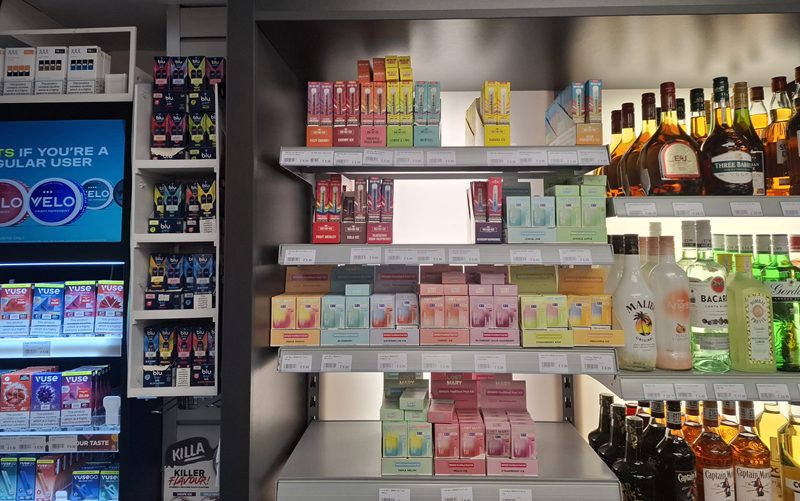
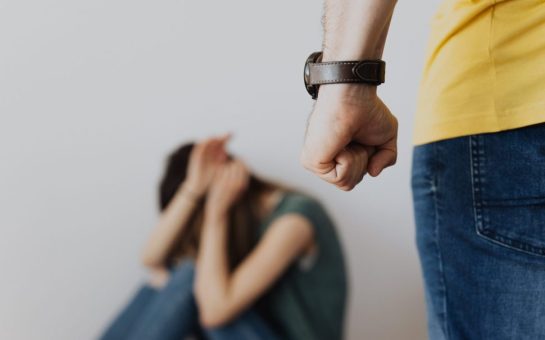



Join the discussion